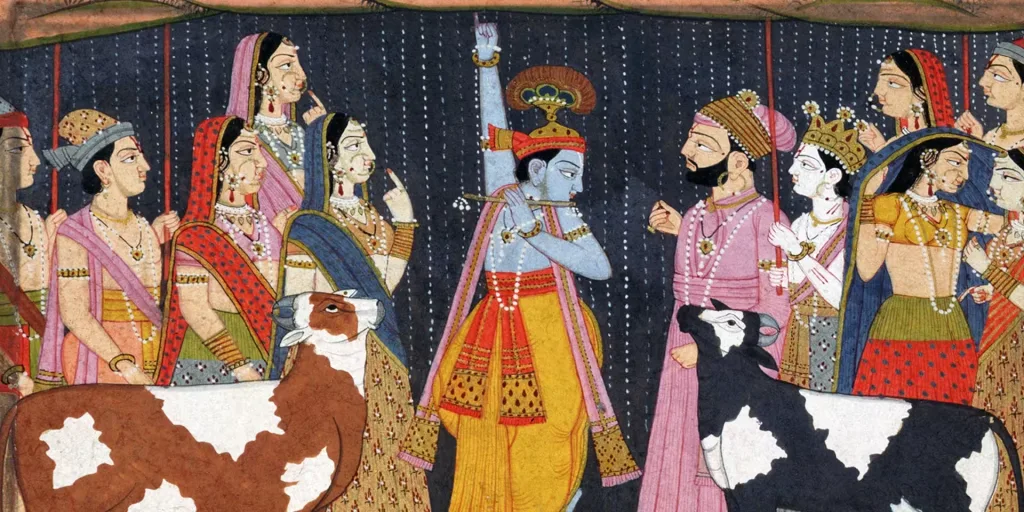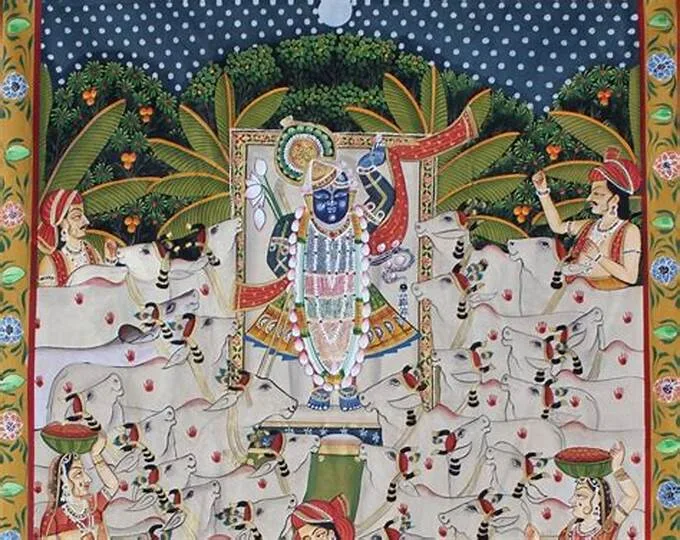Hinduism is one of the world’s oldest and largest religions, with a rich history and diverse traditions. It’s a complex and multifaceted faith with various interpretations and practices. So that Hinduism considers as a philosophy and a religion at the same time
To understand the Hinduism, you must know Some key aspects of its principles include:

1. *Diversity of beliefs*:
Hinduism encompasses a wide range of beliefs, from monotheism to polytheism, and various philosophical perspectives.
2. *Reincarnation and karma*:
Hindus believe in the cycle of birth, death, and rebirth, with karma influencing an individual’s future lives.
3. *Deities and avatars*:
Hinduism recognizes many deities, including Brahma, Vishnu, and Shiva, as well as various avatars (incarnations) of these gods.

4. *Scriptures*:
The Vedas, Upanishads, and Bhagavad Gita are some of the most sacred texts in Hinduism.
5. *Practices*:
Hindu practices vary widely, including rituals, meditation, yoga, and devotion to specific deities.
Hinduism is a vibrant and dynamic faith that emphasizes spiritual growth, self-realization, and living a virtuous life.
The most inspirational view of Hinduism.
Hinduism’s inspirations are diverse and multifaceted. Some key sources of inspiration include:
1. *Scriptures*:
The Vedas, Upanishads, Bhagavad Gita, and other sacred texts.
2. *Deities and avatars*: Stories and teachings of gods and goddesses like Brahma, Vishnu, Shiva, and others.
3. *Nature and the environment*:
Many Hindus find inspiration in nature’s beauty and interconnectedness.
4. *Gurus and spiritual leaders*:
Teachings and examples of revered gurus and spiritual leaders.
5. *Traditions and festivals*:
Celebrations like Diwali, Holi, and Navratri inspire joy, community, and spiritual growth.
These inspirations shape Hinduism’s philosophy, practices, and daily life.
